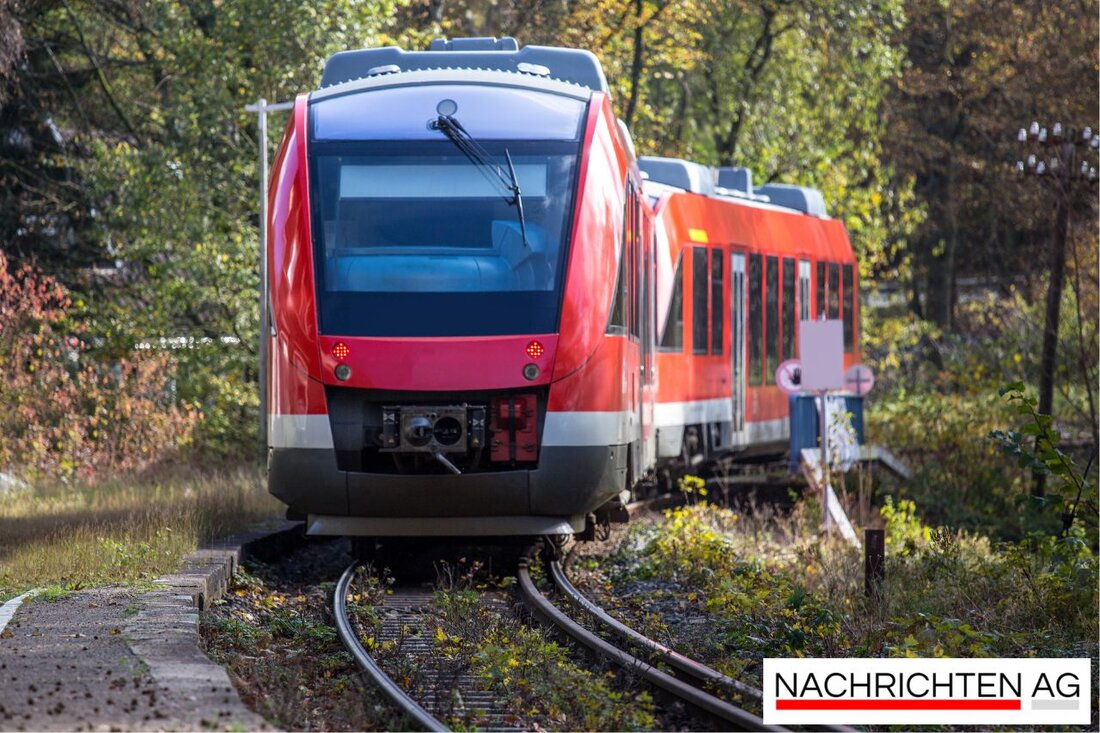Munich presents: XXL S-Bahn to replace 1,500 cars!
At the IAA Mobility 2025 in Munich, Deutsche Bahn is presenting a walk-in model of the new XXL S-Bahn for 1,500 passengers.

Munich presents: XXL S-Bahn to replace 1,500 cars!
At the IAA Mobility in Munich there was a lot of hype surrounding the presentation of an impressive 22 meter long model of the new XXL S-Bahn, which Deutsche Bahn presented together with the Free State of Bavaria and Siemens. Prime Minister Markus Söder emphasized the ambitious vision of the initiative: “An XXL S-Bahn should replace 1,500 cars.” This step is intended to relieve traffic in the city and encourage the use of public transport. The first of these modern trains could go into operation as early as the end of 2028, although the introduction will be gradual.
The new S-Bahn has some technical refinements that should be of great benefit to passengers. The train offers 480 seats and is equipped with WiFi, USB-C sockets and 168 displays that show current information for passengers. The lively 13 cars have a total weight of 365 tons, have air conditioning that is suitable for outside temperatures of up to 45 degrees, and are intended to make it easier for passengers to get on. As DB regional transport boss Evelyn Palla announced, the new trains aim to enable reliable operation and quick boarding.
Criticism of the plans
However, the plans for the new trains are not only met with enthusiasm. Criticism comes in particular from the Münchner Forum e.V., which warns that the new trains alone will not be enough to improve local transport in Munich. There is an urgent need for infrastructure improvements, better timing and network expansion to meet the increased demands.
The punctuality of the Munich S-Bahn in particular has not been particularly convincing recently. The punctuality rate was only 87% in 2024. The Pro Bahn passenger association also expressed concerns about reliability and there are numerous critical voices on social media. Here the focus on punctuality and reliability is much more important than the new design. However, everyone seems to agree on at least one point: there is a great desire for more space.
Public transport as the key to the mobility transition
In order to solve traffic problems, efficient public transport systems are essential. Data from the Association of German Transport Companies (VDV) shows that 26 million passengers travel by bus and train in Germany every day. This use saves around 18 million car journeys per day and thus makes a significant contribution to reducing greenhouse gas emissions.
With over a billion euros invested in the second main route, Bavaria is also investing heavily in mobility in order to create an improved local transport system that is intended to relieve the burden on the city of Munich. These developments not only represent a value of 118 billion euros for the sustainable mobility economy, but also create numerous new jobs in the industry.
With all of this information in mind, it remains to be seen whether the new S-Bahn models can really bring the change in perspective that Munich and the surrounding areas urgently need.

 Suche
Suche
 Mein Konto
Mein Konto